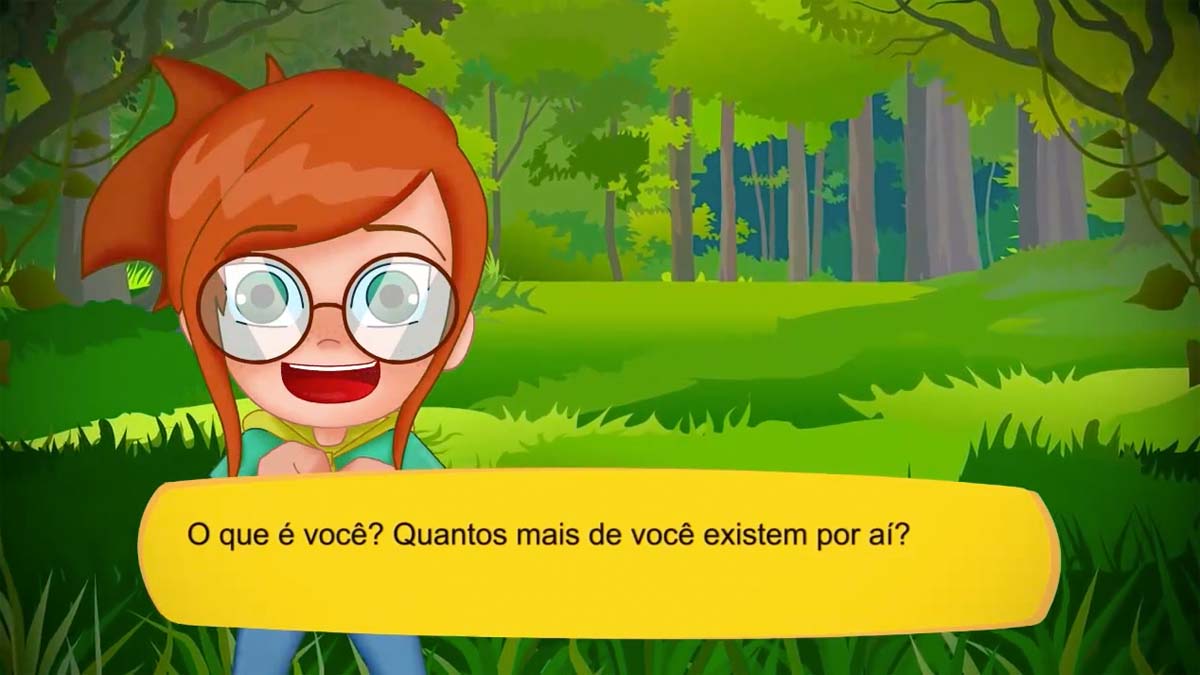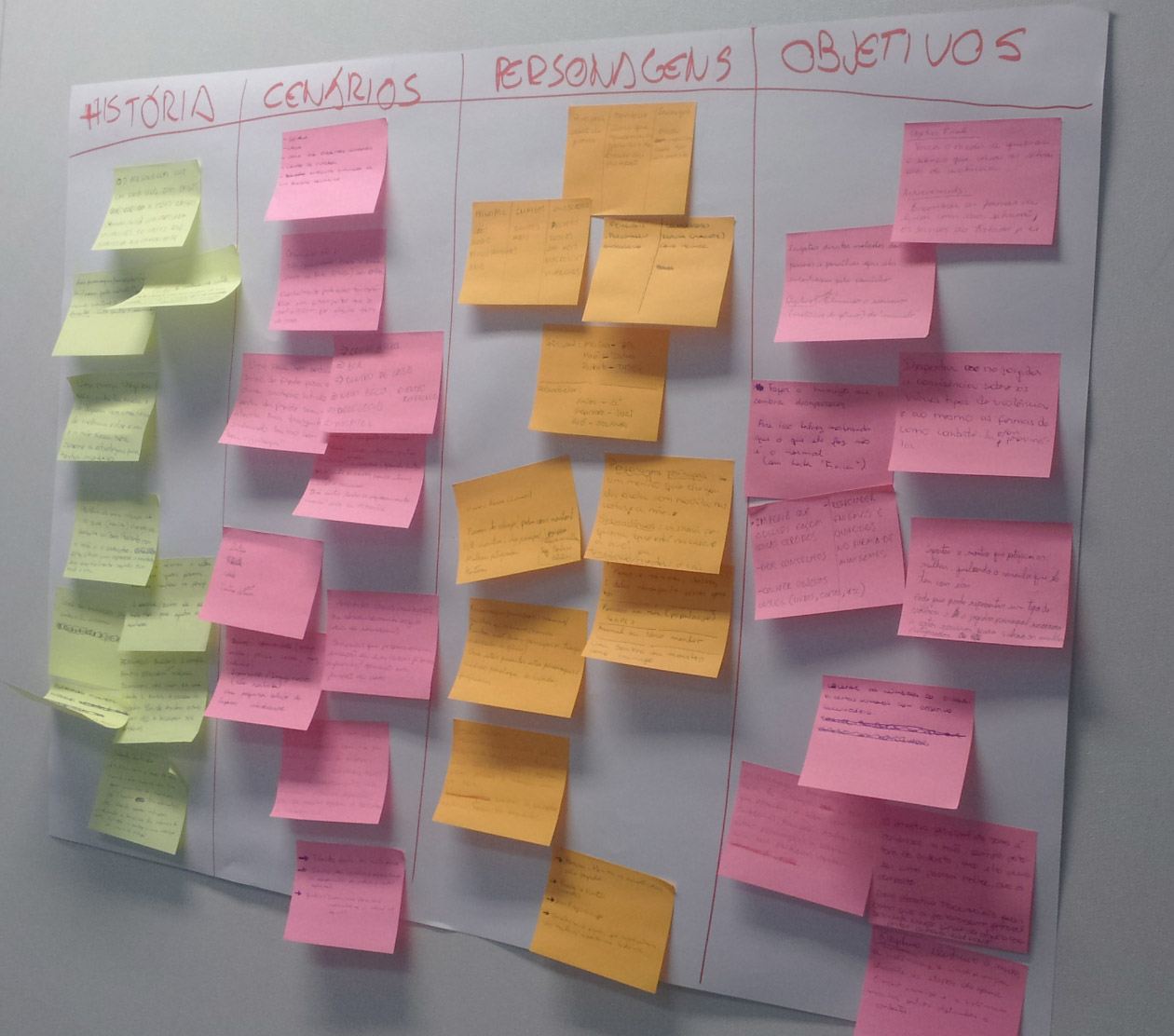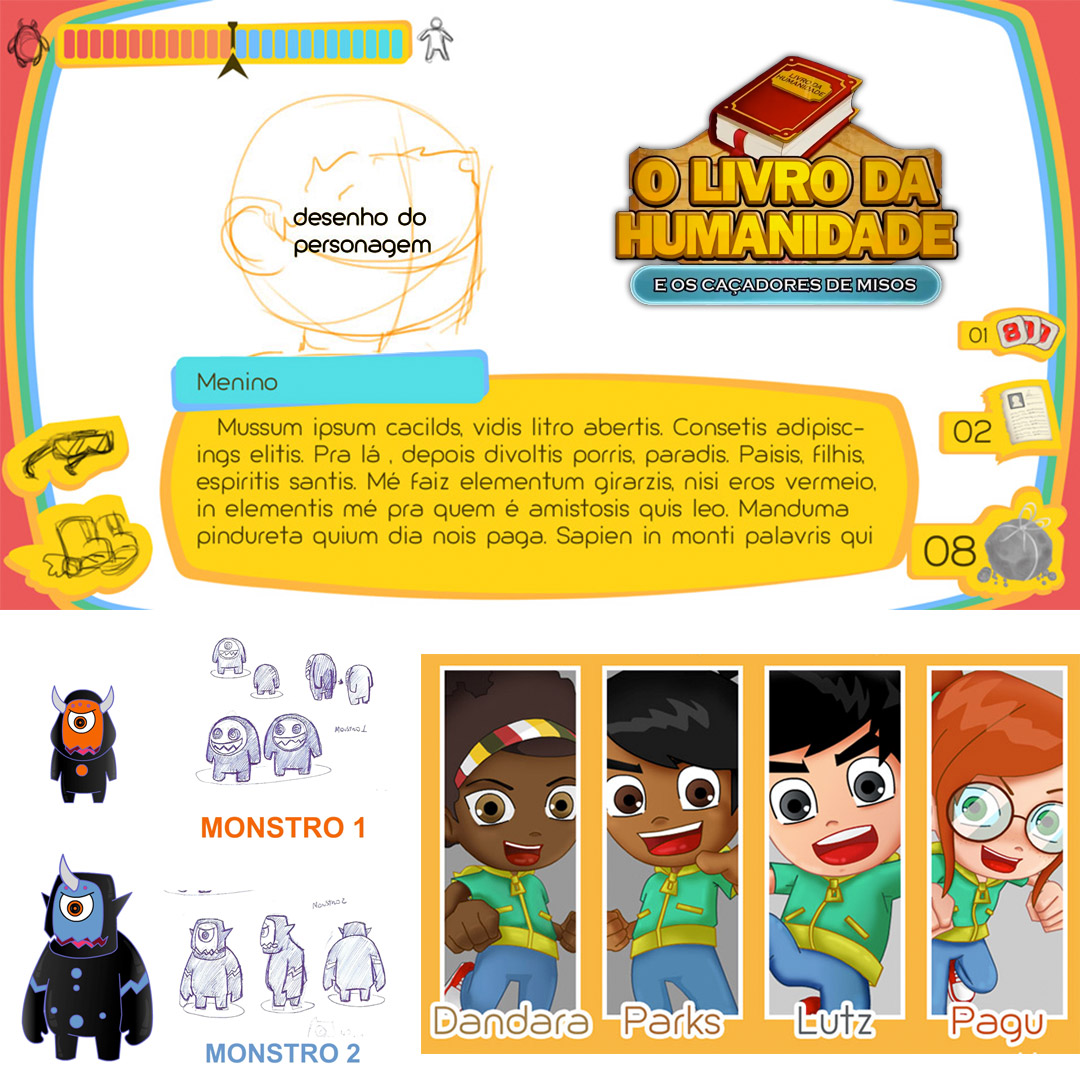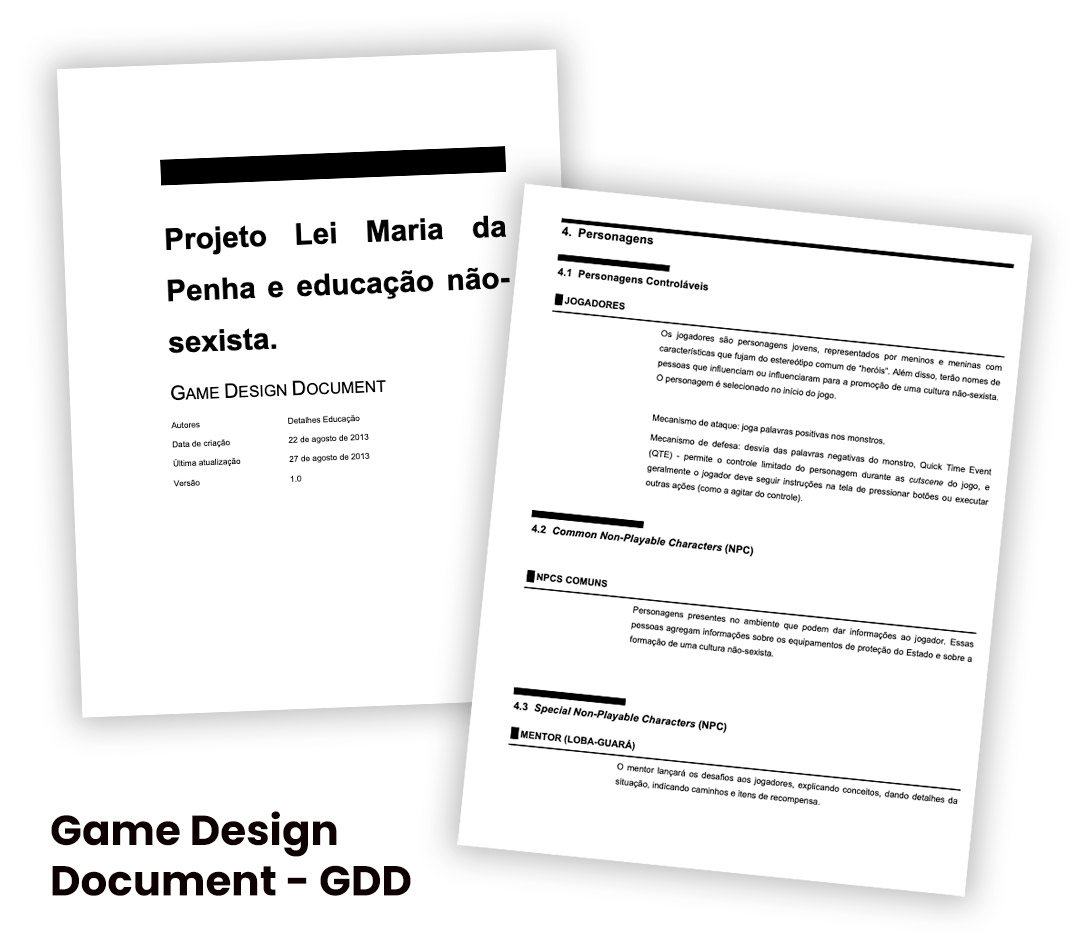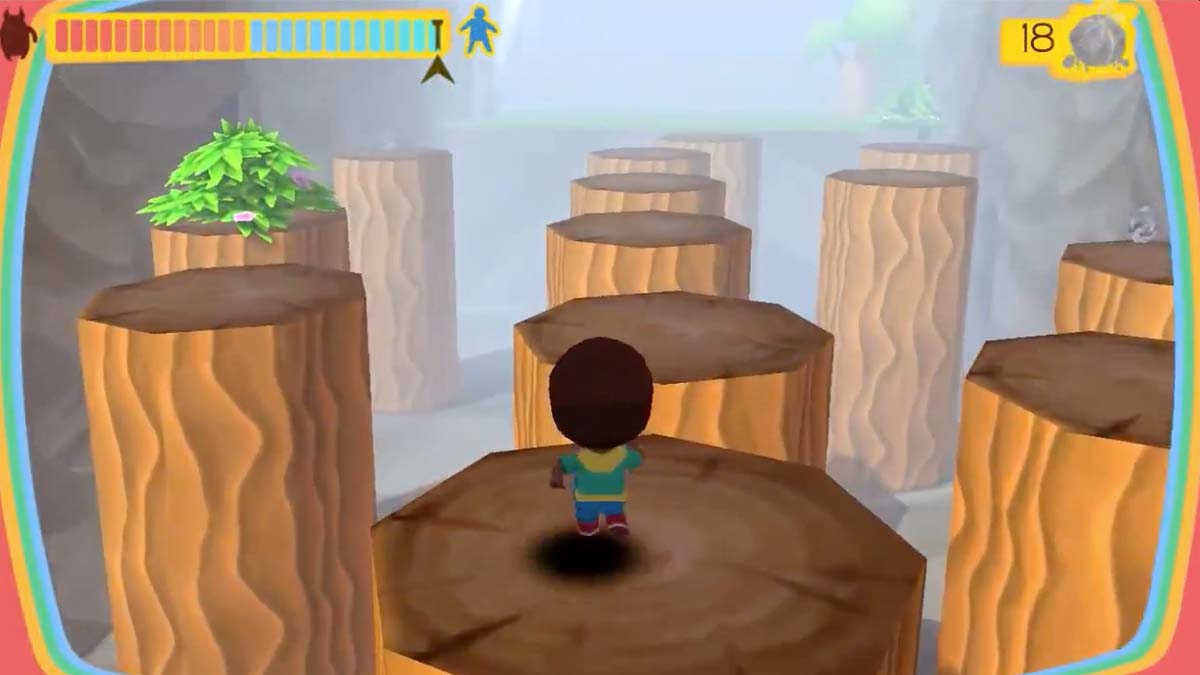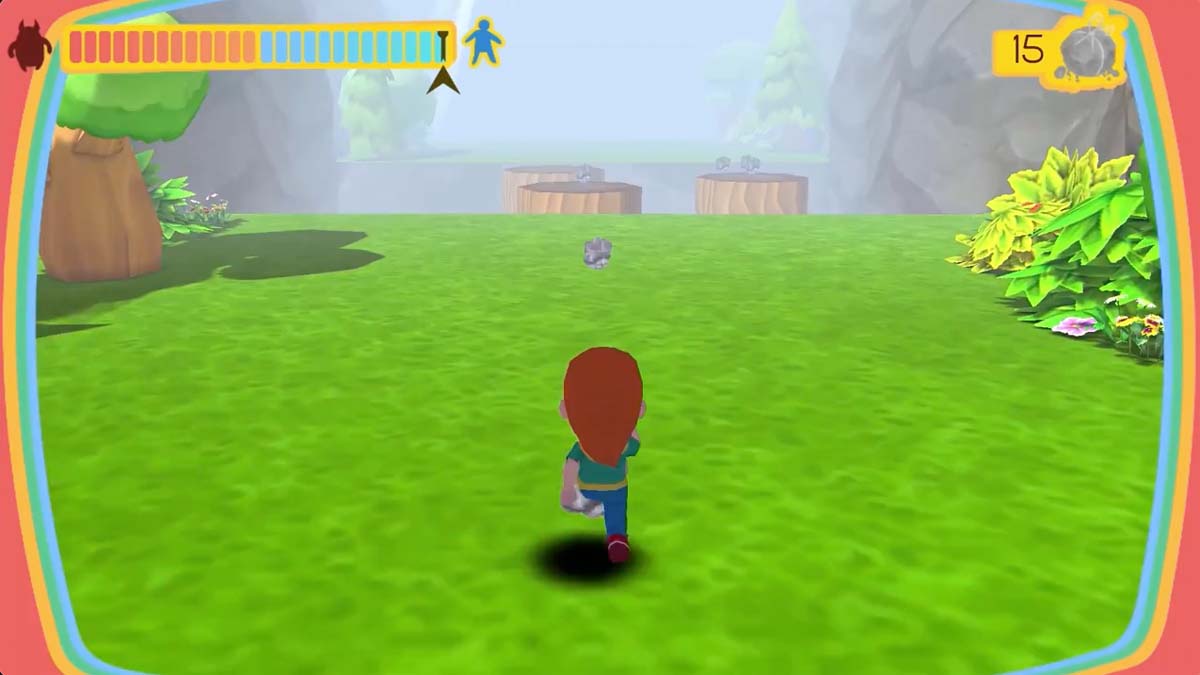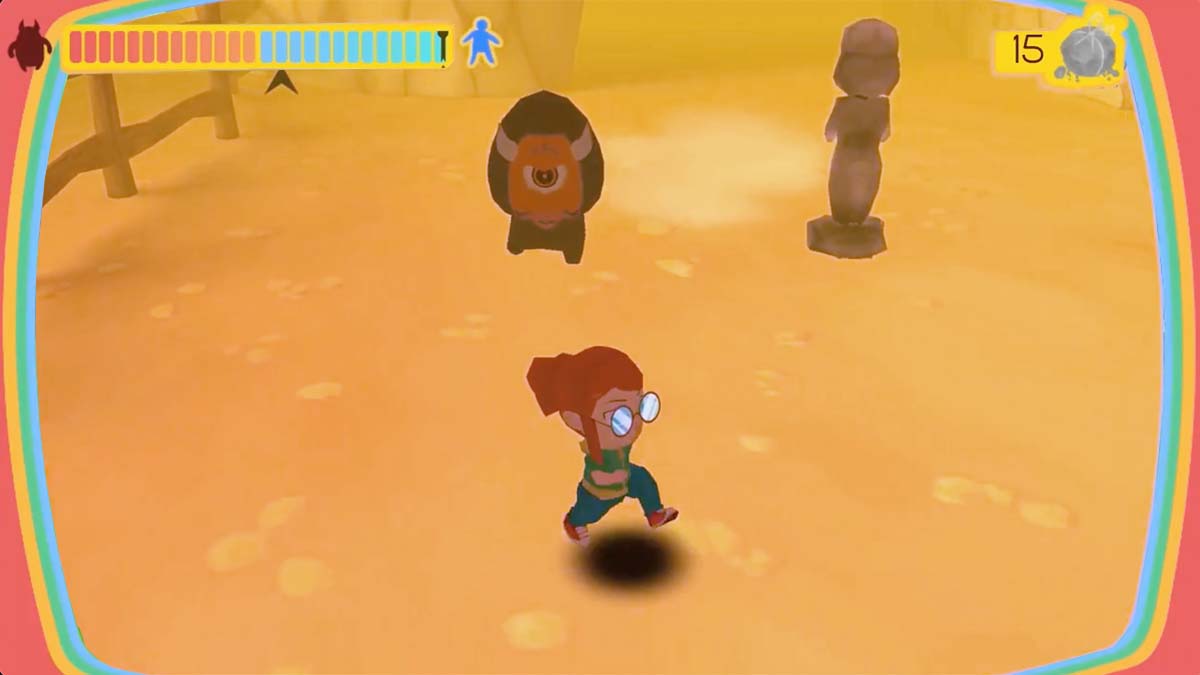LEI MARIA DA PENHA - GAME
Project description
December 2013
6 months
Education
6 members
Coordination
Product Strategy (in partnership)
UX/UI Prototype (in partnership)
Game Design (in partnership)
Graphic Design (in partnership)
Testing (in partnership)
Blender 3D
Adobe Photoshop
Adobe Illustrator
Adobe After Effects
Unity 3D / C#
One of Brazil’s federal laws, known as Lei Maria da Penha targets gender-based violence, with the aim of reducing domestic violence within the country. Sanctioned on August 7, 2006, by former president Luiz Inácio Lula da Silva and subsequently implemented on September 22, 2006, the law is an important contribution to an international movement of criminalizing violence against women. The law is named in honor of the Brazilian activist Maria da Penha Maia, a former victim of domestic violence.
In partnership with the government of the State of Minas Gerais, I coordinated the development of a game for children of ages 8 to 12 that works with basic elements of the law with the aim of teaching children the important role of women in society and how to detect some of the classic types of domestic violence.
In the game, you take on the role of a character who has to save women who have been petrified by monsters. Along the way, important female characters from the story are introduced. As the player encounters the monsters along the way and defeats them, he watches that the monsters turn into people (men and women) who were committing aggression against women.
The game also teaches basic tools to combat violence against women, such as hotlines, police stations, guardianship councils, and other public instruments.
Problems:
The main problem surrounding the development of the game is in the metaphor and narrative established to tell in a light-hearted, subtle way the domestic violence problems that women face.
Primary Problem: How to dialogue with children about a complex, serious topic with disturbing aspects without creating a feeling of fear, tension, and repudiation?
Secondary Problem: How to create a playful and engaging game with this narrative that maintains the student’s attention.
Third Problem: The game must be playable in the IT laboratories of public schools in the state of Minas Gerais, Brazil. Therefore, it must be developed for Educational Linux and run on a machine with 4GB ram, with no video cards, and with a 1.2ghz core duo processor.
Goals:
- Create a narrative that lightly tells serious themes;
- Use classic game mechanics to engage the student;
- Create a simple game interface and controls so that it can be used by children who are not very familiar with technology;
- The duration of the gameplay must not exceed 2 hours.
The project begins with the application of design thinking methodologies to answer questions about: the game’s narrative/story, scenarios and environments, characters, and objectives.
As it is a heavy subject to be dealt with literally, we had to think of metaphors to establish the violence that women suffer at home, in the family, at work, and on the streets.
After defining the narrative, it was time to sketch characters, graphic interface, branding, monsters, and all other visual structures.
As it is a game for children (8 to 12 years old) a cartoon graphic style was chosen.
The game environment mixes 3D exploration with 2D narratives to tell its story. During the stages of the game, the student gets to know important women in history and the real role of women in society.
